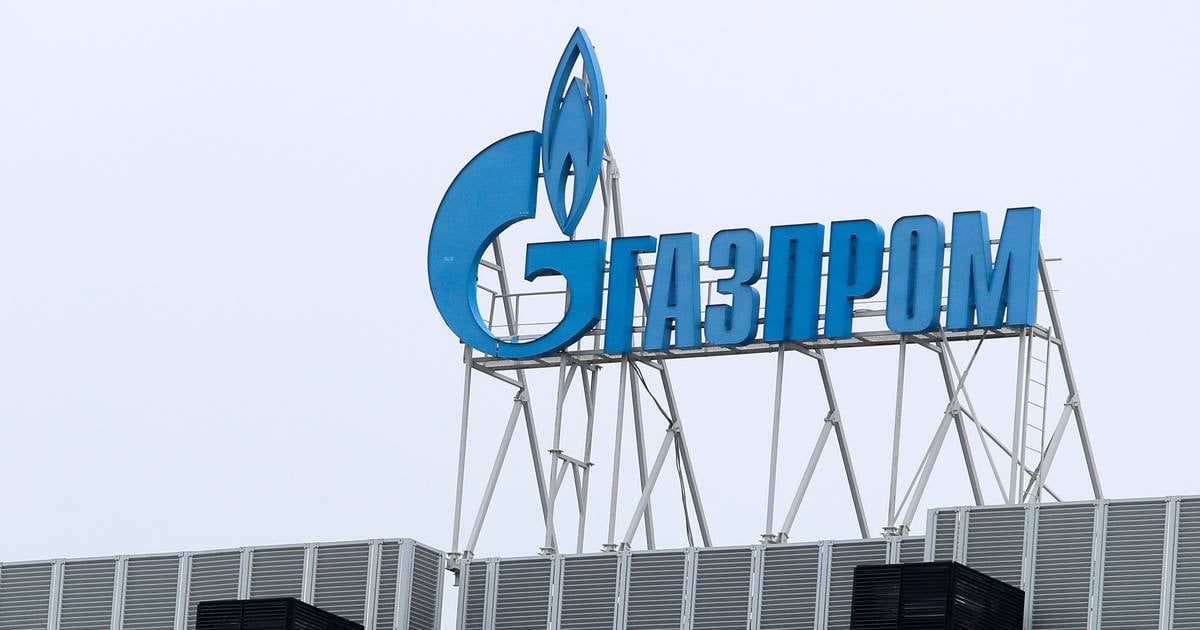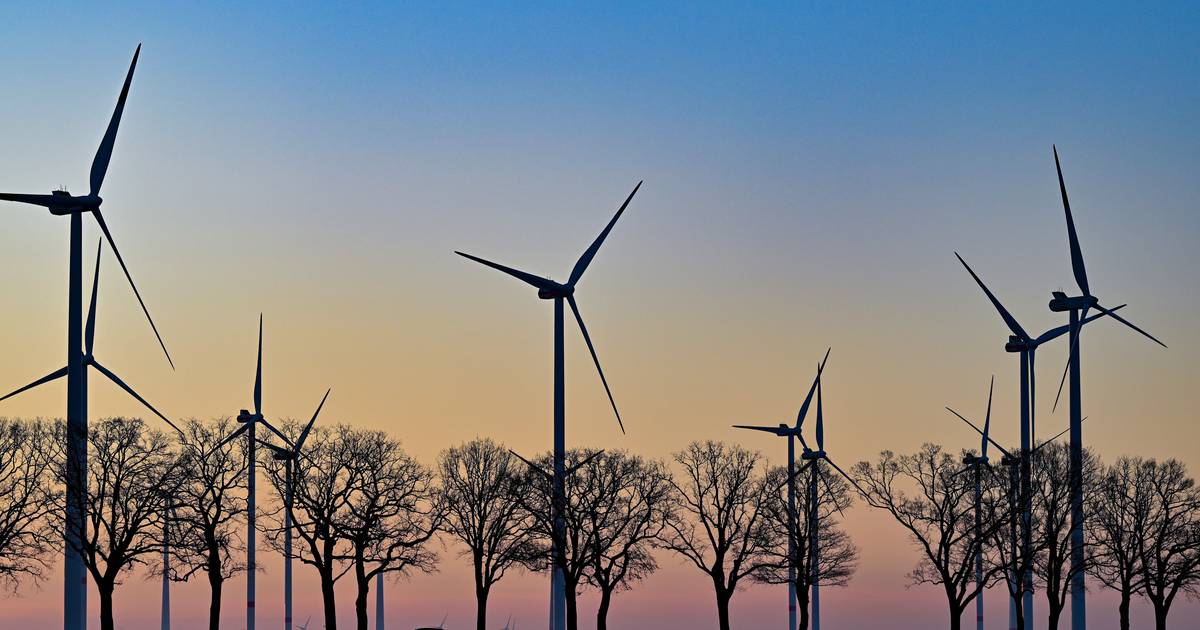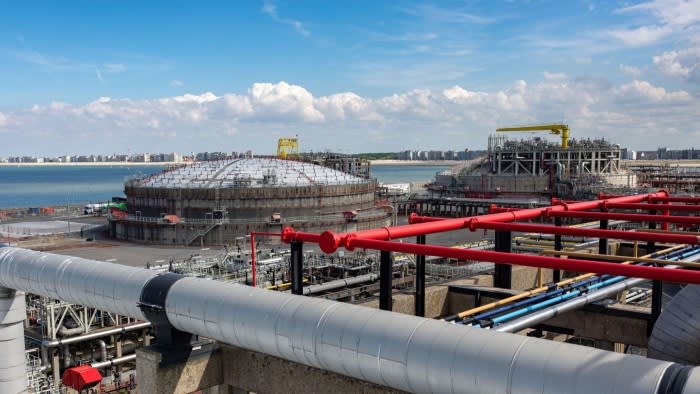Lexicus
Deity
Dude, how is the velocity of money calculated?
It isn't, the ratio of GDP to money supply isn't the real velocity of money.
Dude, how is the velocity of money calculated?
theoretical natural rate was wrong.Yeah, it is. A really low interest rate is designed to drive money out of savings in general. It increases the value of commodities relative to money. But what it really does is increase the value of property relative to money. That's the point of "making money cheap," that you can leverage more and more cheap money against more and more real growth, and every little bit you can get the money cheaper is more growth you can eke. Then all the difference is gravy, on the order of 2%, 4% per year. But this model of wealth expansion is all pretty much collected in dividends - not wages. That's how we've reached the situation we're at now in the US where the economy looks really good from the top, but really, really bad from the bottom.
Employment in the US right now is below the previously held theoretical natural unemployment rate. This is pretty significant if for no other reason than it means labor is batting even lower than it was back then. And it's been batting pretty low. This is what we call a "contradiction" and eventually, somethin's gotta give.
That was my engineering brain. How is it derived?It isn't, the ratio of GDP to money supply isn't the real velocity of money.
Uhh, so is proclaimed post-hoc. To me it just seems like an excuse for not pursuing full employment, so you can keep milking the meeples. And yet when that natural rate goes down you have to ask "why couldn't it have been lower before?" Instead we're supposed to just treat it like a miracle.theoretical natural rate was wrong.
They aren't the same but now we're getting into the kind of macro questions that all this reductive micro-talk is categorically at odds with! I really do not understand at all this dogheadedness with contending Farm Boy's points. I mean why the hell do we have to nitpick the point that inflation functions like a tax on consumption-postured savings? I mean really?But if lowering interest rates is a tax, but it expands the economy like spending, the opposite of a tax, and a tax contracts the economy… like a tax, how are these things the same?
What are you talking about? It was always wrong, it was always an excuse for not pursuing full employment. Macro got taken over by crooks 40 years ago and we only just started taking it back.Uhh, so is proclaimed post-hoc. To me it just seems like an excuse for not pursuing full employment, so you can keep milking the meeples. And yet when that natural rate goes down you have to ask "why couldn't it have been lower before?" Instead we're supposed to just treat it like a miracle.
Uh… do you mean in the sense that you can discover new lower natural unemployment rates now, or you’re gonna pursue full employment?What are you talking about? It was always wrong, it was always an excuse for not pursuing full employment. Macro got taken over by crooks 40 years ago and we only just started taking it back.
Uh… do you mean in the sense that you can discover new lower natural unemployment rates now, or you’re gonna pursue full employment?
You know, it's like, the difference between my position and yours is that you are actually taking 1944 and 1945 for granted. But the only reason you can really do that is because you know, post-hoc, how it all shook out! And like, from a material perspective Japan could be losing in 1943, and that still not be super apparent from the reality on the ground in China. The guy in Chongqing crowing about how the Americans are coming may be right, but they're out of touch with the important lived and material reality of those who still have to do the hard work of fighting that war. And even though Japan and Germany were both defeated in the end, in 1943 the situation was still extremely grim.Your analogy is fatuous and, moreover, I suspect you know it is. History is full of examples of wars in which one side occupied a great deal of territory and nevertheless went on to lose the war in the end.
In fact, a key component of the stab in the back legend in Germany was that Germany hadn't really lost world war 1 because it was still occupying Allied territory and none of its own territory was occupied when it asked for an armistice. Indeed, by your logic Japan had already won the war because it continued to occupy China right up until it capitulated.
You refuse to look at the war as a dynamic situation. Pointing to all the occupied territory and pretending it meant they were winning is literally what Hitler and his generals and entourage spent 1943 and 1944 doing.
Again, I suspect you understand all this pretty well, but you need NATO to be losing and the insufferable liberals in this thread to be wrong for emotional reasons so you're pretending not to understand it.
I will add that I don't think we are going to see anything like a total defeat of Russia the way Germany and Japan were defeated but the tide has been running against Russia for a long time now. Measured against what Russia hoped to accomplish, Russia lost this war in its opening days and lost it badly.
Well, that's exactly what the working class wants, isn't it?'Full employment' in economist terms, means an unemployment rate around 2-3%.
There is always a buffer of people changing jobs and you don't want to overheat the job market, because it leads to higher wages, higher prices and less competitiveness.
Everyone receiving a paycheck I would think, not just the working class.Well, that's exactly what the working class wants, isn't it?

Some died, some got replaced, and the not-crooks regained their footing. A couple crises didn't go to waste and the good guys figured out who the good guys are. The field is still captured by dumbutts at the top, but the shift is real. The very existence of MMT is enough. The Republicans are no longer the only ones who know the economic truth behind Dick Cheney's best line, "Deficits don't matter." and the Democrats put it to good use. And even when the Democrats do, they don't even go overboard. The Inflation Reduction Act reduced spending but moved spending to superior sectors, kind of like what were speaking to earlier.You know, guys, like, no argument here, but in my view no capitalist economy can ever really pursue a policy of full employment. It's at complete odds with the profit motive. But maybe that's changed now that wages are at a historic low. Supposedly, the crooks are gone... but where did they go? They didn't go to jail, that's for sure.
Yes, they do provide that stuff too, but they don't own exclusive rights to it as capital.There are at least two threads to this:
The working class may "make everything" but they do not provide the equipment, the covered space, the selling, the planning or the marketing that makes their "making" necessary. Certainly that can change, but it isn't doing doing so at a meaningful speed. I do understand that your beef is the way the money is inequitably distributed among all the jobs required to have a business. That is a control issue and "controlling" is one of the bedrock conditions/complications of human nature. It is evident that you have some desire "to be in control" of how wealth is distributed.
- The way thing mostly work now
- The way you want them to work



EU imports record volumes of liquefied natural gas from Russia
Belgium and Spain are world’s second and third-biggest importers of Russian LNG this year
The EU is set to import record volumes of liquefied natural gas from Russia this year, despite aiming for the bloc to wean itself off Russian fossil fuels by 2027.In the first seven months of this year, Belgium and Spain were the second and third-biggest buyers of Russian LNG behind China, according to analysis of industry data by Global Witness, a nongovernment organisation.
“It’s shocking that countries in the EU have worked so hard to wean themselves off piped Russian fossil gas only to replace it with the shipped equivalent,” said Jonathan Noronha-Gant, senior fossil fuel campaigner at Global Witness. “It doesn’t matter if it comes from a pipeline or a boat — it still means European companies are sending billions to [Vladimir] Putin’s war chest.”

